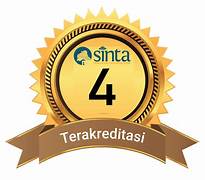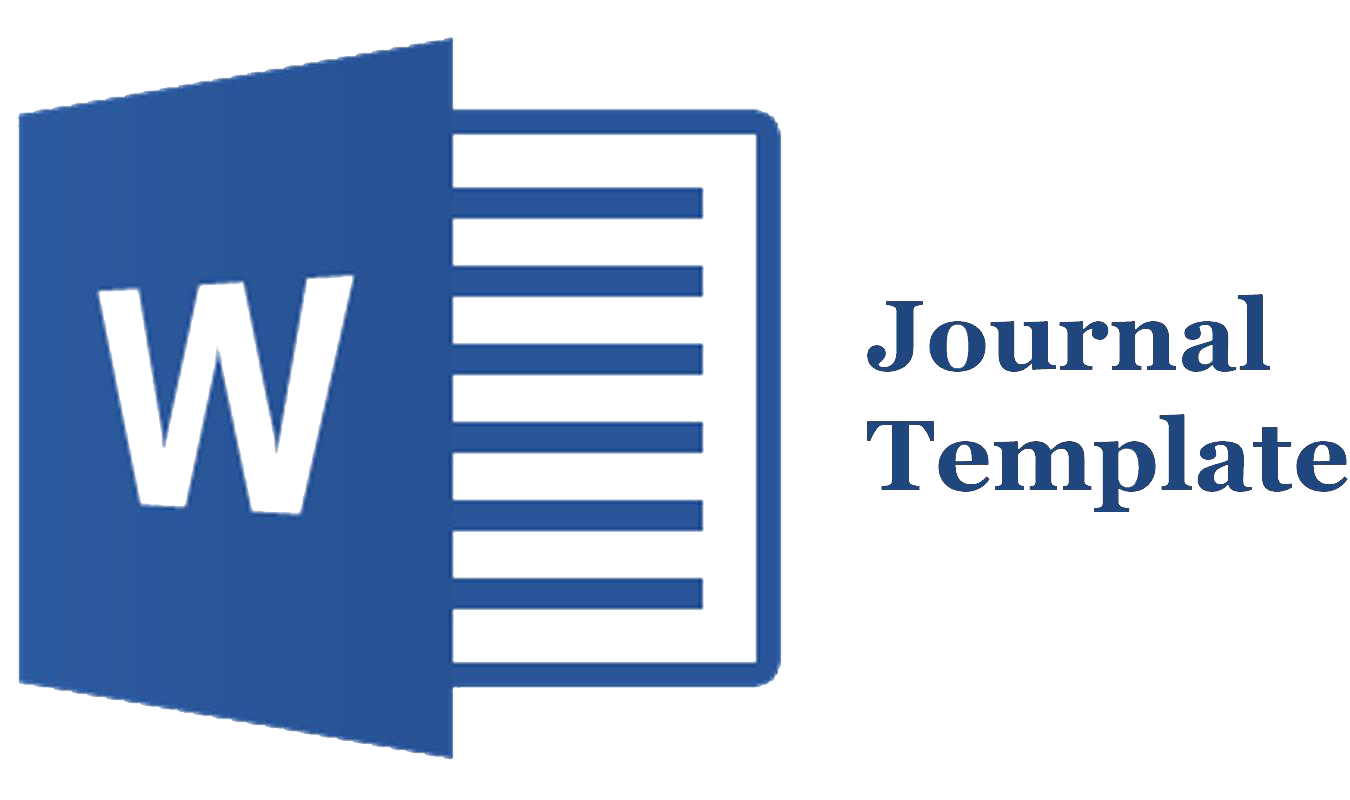
PUBLICATION ETHICS
A. Ethics for Writers
1. Report standards: research reports must present an accurate account of the work carried out as well as an objective discussion of its importance. The underlying data must be represented accurately in the article. The article should contain enough detail and references to allow others to replicate the work. False or intentionally inaccurate statements are unethical and unacceptable behavior.
2. Data Access and Retention: Authors are requested to provide raw data relating to articles for editorial review, and should be prepared to provide public access to such data, as well as be prepared to retain such data for a reasonable time after publication.
3. Originality and Plagiarism: Authors must ensure that they have written completely original work, and if the author quotes someone else's article it should be cited appropriately.
4. Conditions regarding Submission: An author should not generally publish articles describing essentially the same research in more than one journal or primary publication. Submitting the same manuscript to more than one journal simultaneously is unethical and unacceptable publishing behavior.
5. Source Credit: Proper credit for the work of others should always be given. Authors should cite publications that have been influential in determining the nature of the work reported.
6. Article Authorship: Authorship should be limited to those who have made significant contributions to the conception, design, implementation, or interpretation of the reported research. All persons who have made significant contributions must be listed as co-authors. If others have participated in certain substantive aspects of the research project, they should be acknowledged or listed as contributors. Authors must ensure that all appropriate co-authors and that no inappropriate co-authors are included in the article, and that all co-authors have seen and approved the final version of the article and have approved its submission for publication.
7. Disclosure and Conflicts of Interest: Authors must disclose in their manuscript any financial or other substantive conflicts of interest that could be construed to influence the results or interpretation of their article. All sources of financial support for the project must be disclosed.
8. Fundamental errors in published work: When an author discovers significant errors or inaccuracies in his or her own published work, it is the author's obligation to immediately notify the journal editor or publisher and work with the editor to retract or correct the article.
B. Ethics for Editors
1. Objective: The Chief and Editor of the Journal review and evaluate incoming articles based on their intellectual content without any discrimination in terms of religion, ethnicity, race, gender, nation, etc.
2. Confidentiality: The editor and any editorial staff may not disclose any information about the submitted article to anyone other than the author, reviewers, editorial advisors, and other publishers as appropriate.
3. Conflict of Interest: Submitted and unpublished articles may not be used in the editor's own research without written consent from the author.
4. Publication Decisions: The Editor in Chief of the Sustainable Journal is responsible for determining which articles should be published. This decision is based on validation of the article related to the specified scope as well as the contribution and significance of the article for researchers in particular and readers in general. In carrying out their duties, the Chief and Editor of the Journal are guided by the policies of the editorial board and comply with and comply with legal provisions that need to be enforced, such as defamation, copyright infringement and plagiarism. The editor can discuss with other editors and journal managers or other reviewers in making this decision. The editors can talk with other editors and reviewers to make this decision.
C. Ethics for Reviewers
1. Contribution to Editorial Decisions: Decisions taken by the chief and editor regarding the manuscript being processed, including revision of review results and the decision to publish it assisted by reviewers in a blind peer review scheme. Peer review is an important component in formal scientific communication and scientific approaches.
2. Confidentiality of Articles: Every article received for review must be treated as a confidential document. Articles may not be shown to or discussed with anyone other than those authorized by the editor.
3. Objectivity Standards: Reviews must be conducted objectively. Criticism of the author's personality is inappropriate. Reviewers must express pandan









